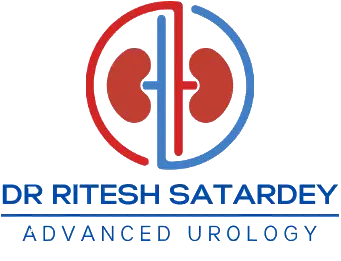Erectile Dysfunction
Overview
The inability to obtain or sustain an erection strong enough for fulfilling sexual engagement is known as erectile dysfunction, or ED. In addition to psychological reasons like stress, worry, and sadness, physical conditions like diabetes, cardiovascular problems, or hormone imbalances can also contribute to it. Lifestyle decisions like heavy drinking and smoking might also be a factor. Depending on the underlying cause, several treatments may be used, such as medication, therapy, lifestyle modifications, or medical procedures.
What are the types of Erectile Dysfunction?
Based on its etiology and presentation, erectile dysfunction (ED) can be classified. The primary kinds consist of:

Symptoms
The inability to consistently get or sustain an erection strong enough for satisfying sexual performance is known as erectile dysfunction (ED). Typical signs and symptoms include of:
Problems obtaining an erection: Inability to get an erection even when sexually aroused.
Incapacity to sustain an erection during intercourse: Trouble maintaining an erection.
Diminished sexual desire: A decline in libido or aversion to having sex.
Anxiety regarding one’s sexual performance: This type of stress or worry can worsen eating disorders.
Having trouble getting an erection when you get up: Morning erections are less common or nonexistent, which may point to a medical rather than psychological issue.

